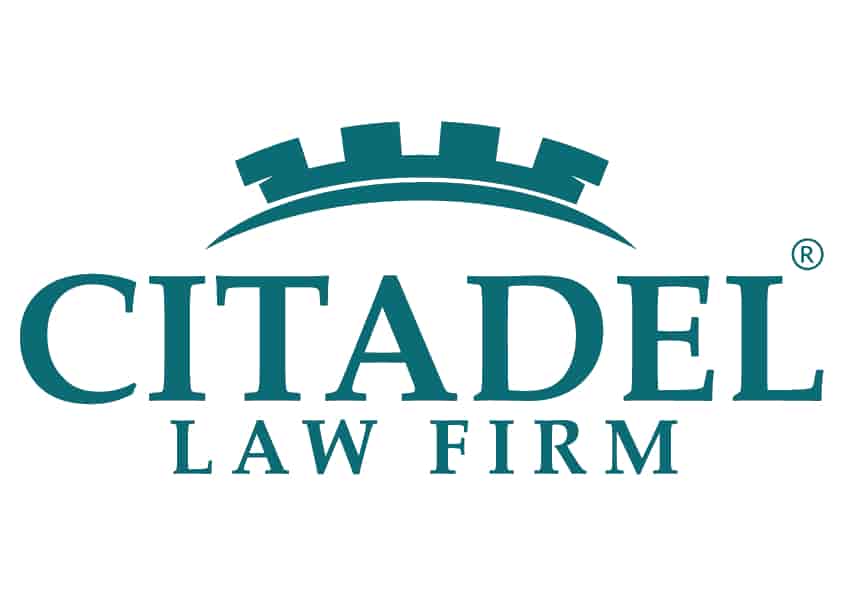What is a Revocable Living Trust in Arizona?
"What are Revocable Living Trusts?", which is a common question among our clients in AZ. This video blog talks about the definition of Revocable Living Trusts.
"What is a Revocable Living Trust?" is a common question among clients.This brief video blog talks about the vantages and disadvantages of having a Revocable Living Trust.
What is a Revocable Living Trust? This video blog addresses a Revocable Living Trust, which is a specific type of trust. For an explanation of trusts more generally, please view our companion video number CLF107 titled “What is a Trust?”.
A Revocable Living Trust is a type of trust in which the Settlor personally retains the power to amend, or “revoke,” any part of the trust agreement that governs how the trust is managed so long as the Settlor has the cognitive capacity to understand the changes he or she is making.
Changes can be minor or merely stylistic at one extreme, but may go all the way to revoking the entire trust and causing it to cease to exist at the other.
When a Settlor no longer has the cognitive capacity to make such decisions, or after a Settlor has died, then no other party may change the Revocable Living Trust terms and it effectively transforms into an irrevocable trust.
Because the Settlor is essentially free to change of the terms of the Revocable Living Trust while they are alive and well, these trusts have become a staple of estate planning in scenarios where a person wants to control all their money and property while they are alive and well, but still be able to determine how their money and property will be managed after they become incapacitated or pass away.
But it’s important to keep in mind that a “Revocable Living Trust” is a very generic term. All it means is that the trust, is created when the Settlor alive, and the Settlor retains the power to change or “revoke” the trust terms so long as they are not incapacitated.
So if someone says they have a “Revocable Living Trust,” the term itself says absolutely nothing about how the trust functions or whether there may be a differently drafted Revocable Living Trust structure that is better for their goals.
For context, a Revocable Living Trust can range from 2 pages to hundreds of pages - and they often do. There is, in fact, an entire class of lawyers, called estate and trust litigators, whose entire practice is devoted to representing parties with poorly drafted trusts suing each other. I caution everyone not to draft their own trust or download a template from the internet and risk inviting estate litigation among their loved ones. If you still have that lingering question "whats a revocable living trust", schedule a free consultation today with an estate planning lawyer in Chandler Arizona.
For a complimentary evaluation of your case, please schedule a free consultation with us today.
To watch more from our video blog click here. To understand better if you should have a Trust also check our videos "What is a Trust?" and "Does a Living Trust avoid probate?". If you want to understand more about Irrevocable Trust and its advantages click here.
Watching any of our video blogs creates no attorney-client relationship. We are Estate Planning Lawyers and Tax Lawyers who also practice Elder Law.
If you want to learn more about living trusts and how to avoid probate check the articles below:
- How livings trust can help you avoid probate? Click here to read.
- What Are the Benefits of Setting Up a Revocable Living Trust for Your Family? Click here to read.
- Estate Probate process in Chandler, AZ? Learn more, click here.
- How Setting Up Irrevocable Trusts Can Help Your Estate taxes. Click here to learn more.
- I Have Minor Children; How Does That Affect My Estate Planning. Click here to read.
- Dynasty Trust Can Protect Your Assets Against Creditors in Arizona. Click here to read more.
Call Citadel Law Firm today to help you understand if a revocable trust is the correct estate plan strategy for you. Our estate planning attorneys will be pleased to help you. We can check if you have a taxable estate. If you want to have the best online revocable living trust set up call us today.
Our process is simple, you fill out a estate planning questionnaire with information like personal property, real property, bank accounts, family information (specially important if you have minor children), financial affairs, etc. We will advise you on the best estate planning tool to use and who to choose as your successor trustee.
Most of our clients have two concerns: 1) They want to stay out of probate court and avoid probate, and 2) They want to make sure the minimize estate taxes when they pass away.
A living revocable trust is a great instrument to avoid probate and minimize work for your heirs. If properly drafted by an experienced estate planning attorney revocable trusts are powerful instruments to use to help your family. Assets held in trust are not subject to probate process. Trust assets transfer ownership without any court dispute.
Frequently asked questions about revocable living trusts.
1) Does my revocable trust keep me our of probate in Arizona?
A revocable trust that has been properly created and funded should keep you out of probate. You do need to transfer assets for the estate plan strategy to work.
2) What happens to my living trust when I pass away?
When you pass away you living trust will go into trust administration. Your successor trustee takes over the trust document and follow the guidelines of the trust. There will be no court proceedings if all your assets are in trust.
3) Do I lose control when I create a living trust?
You will not lose control when you create a living trust. You will retain control until you die or until you lose mental capacity. When the trust maker dies the successor trustee will take over the trust. Sometimes a trust becomes an irrevocable trust when someone passes away, it always depends of the guidelines of the trust and how your estate plan was designed for estate tax purposes.
4) Do I need a Will if I own living trust?
At our office we always create a will, usually called a pour over will, together with your living trust. If the revocable trust is not properly funded a legal process called probate will be necessary. The pour over will will tell your personal representative that all your assets are trust's assets and should be put into the trust. Although probate will still happen the process will be but easier to do as the trust will be the solo beneficiary of your estate.


